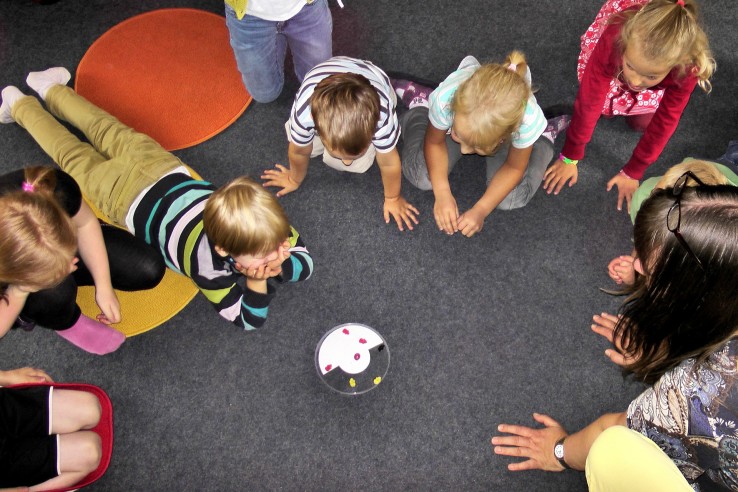ASD and the Core Cognitive Deficits
Learning how the brain of an autistic child works can give you rare insight and understanding for the children you serve. We have learned that people on the ASD spectrum can have extreme variation in symptoms but there are also some key similarities seen in each person called ¨core cognitive deficits¨. Let’s take a look at each of these cognitive deficits and see what they may look like with the children in your classroom.
- Dynamic analysis or appraisal: The ability to assess a situation and decide how to respond based on the information you have available, your personal needs and your goals; This can cause a person to have inflexible rules about the way things are done.
- Experience Sharing: People with ASD can recall and share facts about past events, but can not recall the emotional ties attached to the events or be able to relate to someone else’s experiences.
- Self-awareness: A sense of personal identity and understanding of how emotions and actions impact you and others.
- Creative thinking: The ability to integrate information from different sources and situations and formulate ‘good enough’ solutions to real life problems. This can cause difficulties accepting change and/or making adjustments based on changing information.
- Episodic memory: A representation we form of an event in our lives, rooted around the emotions experienced. Without episodic memory, there is difficulty learning from past experiences and connecting the present and the future, which limits personal memories.
As you can see, your students on the spectrum will view life and process emotion in a very different way than others. As you become more educated, you will find better ways to relate and interactive with your students on the spectrum.
Take Our Course!

